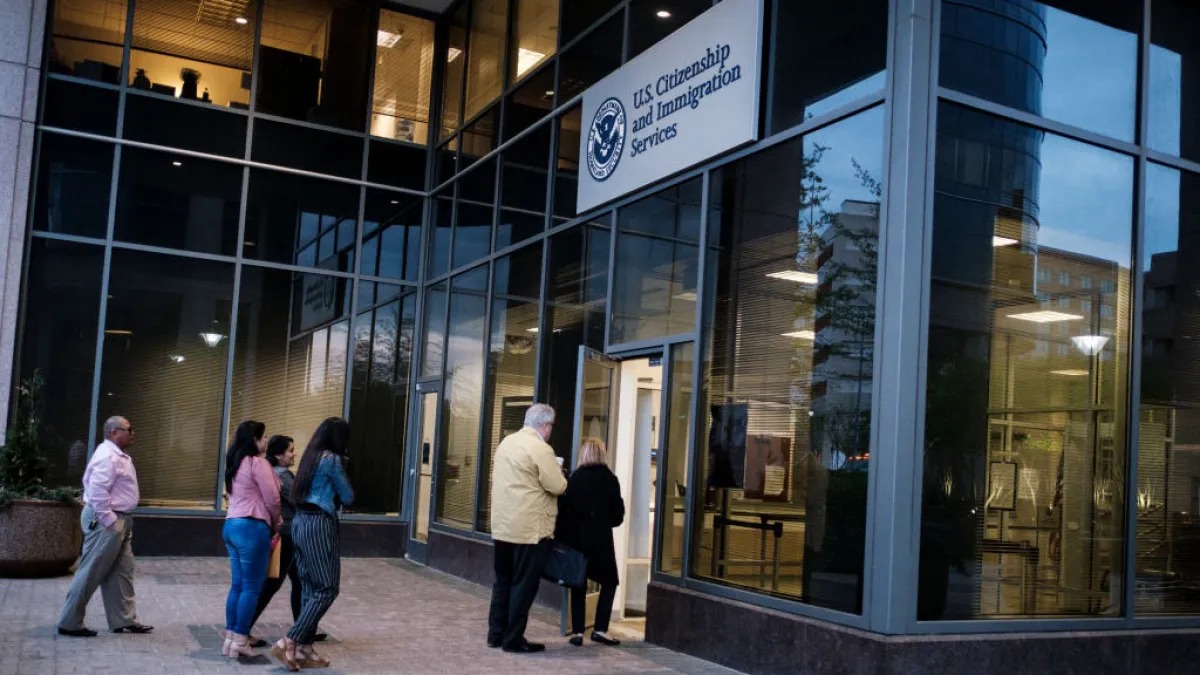
The United States Citizenship and Immigration Services (USCIS) recently published data for fiscal year 2023 that illustrates, according to a statement from the agency on its website, "its progress in meeting its strategic priorities."
The USCIS statement states: "USCIS staff have worked tirelessly over the past year to fulfill the promise of the United States as a nation of welcome and possibility by reducing the backlog of cases, improving the customer experience, addressing humanitarian needs and strengthen employment-based immigration.
“I am very proud of the USCIS workforce and our dedication to fairness, integrity and respect for all we serve,” said USCIS Director Ur M. Jaddou.
“We have completed a record number of cases, responded to emerging crises around the world with essential humanitarian aid, and implemented innovative solutions to improve the customer experience and reduce the backlog of cases.”
Strengthening Immigration for Employees and Employers
In fiscal year 2023, USCIS and the Department of State helped meet the needs of American employers by issuing more than 192,000 visas de inmigrante basadas en el empleo -muy por encima de la cifra anterior a la pandemia- y por segundo año consecutivo se aseguraron de que ningún número se dejara sin usar.
The agency further supported American employers and non-citizen workers in fiscal year 2023 by increasing the validity period of Employment Authorization Documents (EAD) to five years for adjustment of status applicants. "We clarified eligibility for a variety of immigration services, including the International Entrepreneur Rule, the EB-1 immigrant visa for people with extraordinary abilities and distinguished professors and guests, and the waiver of the two-year foreign residency requirement for visitors. J-1 cultural and educational exchange (including foreign medical graduates). “We proposed a new rule to strengthen worker protections and the integrity of the H-2 temporary worker program,” says USCIS.
USCIS also eliminated the biometric services fee and appointment requirement for applicants to change or extend nonimmigrant status and updated the agency's interpretation of the Child Status Protection Act to prevent many beneficiaries who are children of workers non-citizens age out as minors, allowing them to seek permanent residence with their parents.
SHELTER
USCIS interviewed more than 100,000 refugee applicants, more than double the number completed in the previous fiscal year, resulting in the admission and resettlement of more than 60,000 refugees.
At the end of fiscal year 2023, USCIS completed more than 52,000 cases of asylum; this included prioritizing the processing of asylum cases for the Afghan alliance and their families. USCIS also completed a record 146,000 credible fear and reasonable fear assessments of people who expressed fear of returning after being encountered at the border.
During fiscal year 2023, USCIS continued to support the Biden-Harris administration's efforts to establish legal processes that allow for the safe and orderly processing of individuals in the United States by implementing new parole processes. for Cubans, Haitians, Nicaraguans and Venezuelans (CHNV); the creation of new humanitarian family reunification permit processes for people from Colombia, El Salvador, Guatemala and Honduras, and the modernization of existing processes for Cuba and Haiti; and maintain support for the Union for Ukraine (U4U) process.
By the end of fiscal year 2023, more than 150,000 Ukrainian nationals and their immediate family members had received temporary stay permits in the United States through the U4U process and nearly 238,000 people had received such permits through the CHNV process.
USCIS announced the creation of its sixth service center, the Humanitarian, Adjustments, Removal of Conditions and Travel Documents (HART) Service Center, which focuses on adjudicating benefit claims filed by vulnerable populations. USCIS made significant progress in recruiting, hiring, onboarding and training new employees, expanding the Hart Service Center by 90% in fiscal year 2023, to improve capacity to adjudicate humanitarian and related cases.
